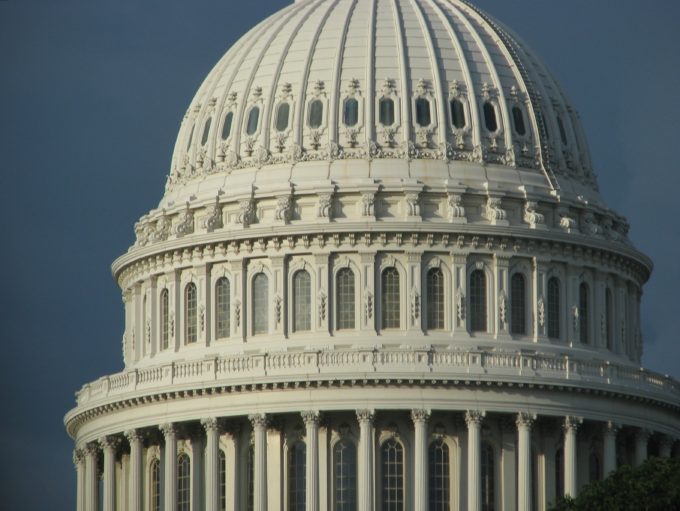Rescission of PE Registration Requirement Won’t Happen Anytime Soon
President Donald Trump campaigned on a promise to roll back financial regulatory reform, but Republican lawmakers warn not to expect significant changes — if any — to the massive financial regulatory package known as Dodd-Frank before year-end, as the GOP-led Congress sorts out the priorities of its ambitious legislative agenda.
GOP lawmakers have said that the laborious process of undoing what they call financial “regulatory overreach” will have to take its turn behind other high priority Republican priorities, like repeal of Obamacare and an initial stab at simplifying the U.S. Tax Code with an eye toward major reform down the road.
Rep. Bill Huizenga, R-Mich., said one reason advisers should tamp down their expectations for a rapid regulatory rollback is that Republican lawmakers, especially on the Senate side, still must seek bipartisan support for some actions, despite the GOP’s control over both houses of Congress. “Not everything is mob rule,” he said, “but it is pretty close to that on the House side.” The Senate has a 60-vote threshold, so more bipartisan cooperation is required there, Huizenga said
Sen. Thom Tillis, R-N.C., after being asked by a reporter about the likelihood Congress would rescind the SEC registration requirement for private equity funds, said “It’s certainly something that’s already being discussed.” But even though Tillis called the Dodd-Frank Act — the legislation that, among many other things, required private equity firms to register with the SEC — an “egregious overreach,” he said Congress’ best hope this year is to stop the expansion of rules under the 2010 law, and then figure out how to slowly chisel away at them.
“The question is, what is a right-sized regulation in terms of monitoring financial or quasi-financial institutions?” Tillis said. “I think it’s far less than what we have today. The question is how can you slowly but surely pe el them back?”
el them back?”
Huizenga and Tillis, both speaking at a regulatory compliance conference in Washington, D.C., in February, said the Republican agenda placed top priority on repealing the Affordable Care Act, another promise on which Trump campaigned. After that, both said in separate speeches at the conference, would come tax reform. Tillis said not to expect “Big R” reform this year to the tax code — winning a major corporate tax rate reduction, for example. Instead, Tillis said, the Senate for its part will focus on pressuring regulators through oversight — what Tillis called “little r” reform.
The conference was held by the Association for Corporate Growth, a Chicago-based group that advocates various government agencies on behalf of the middle-market segment of the private equity industry.

